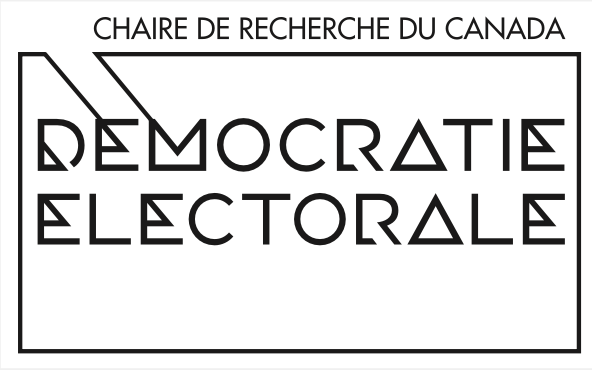Electoral Chair’s Seminar – 13 November
Partisan Conformity and Political (In)tolerance
Seyoung Jung-Université de Québec à Montréal
As partisan prejudice intensifies, citizens exhibit increasing intolerance towards the rights of opposing groups. Paying attention to partisan dynamics, this study investigates how partisan identity and conformity shape political (in)tolerance. Using a vignette experiment, I test whether a request for partisan conformity affects individuals’ willingness to take action at a scheduled rally. The results indicate that co-partisans can influence each other, leading to both politically intolerant and tolerant behaviors. Additionally, the study explores the mechanisms underlying this conformity, particularly comparing the ingroup praise and outgroup derogation narratives. The findings suggest narratives emphasizing outgroup blame are stronger than those promoting ingroup favoritism. These results contribute to our understanding of how attitudinal and behavioral changes occur in the context of polarization.

This content has been updated on 29 October 2024 at 16 h 16 min.
Comments